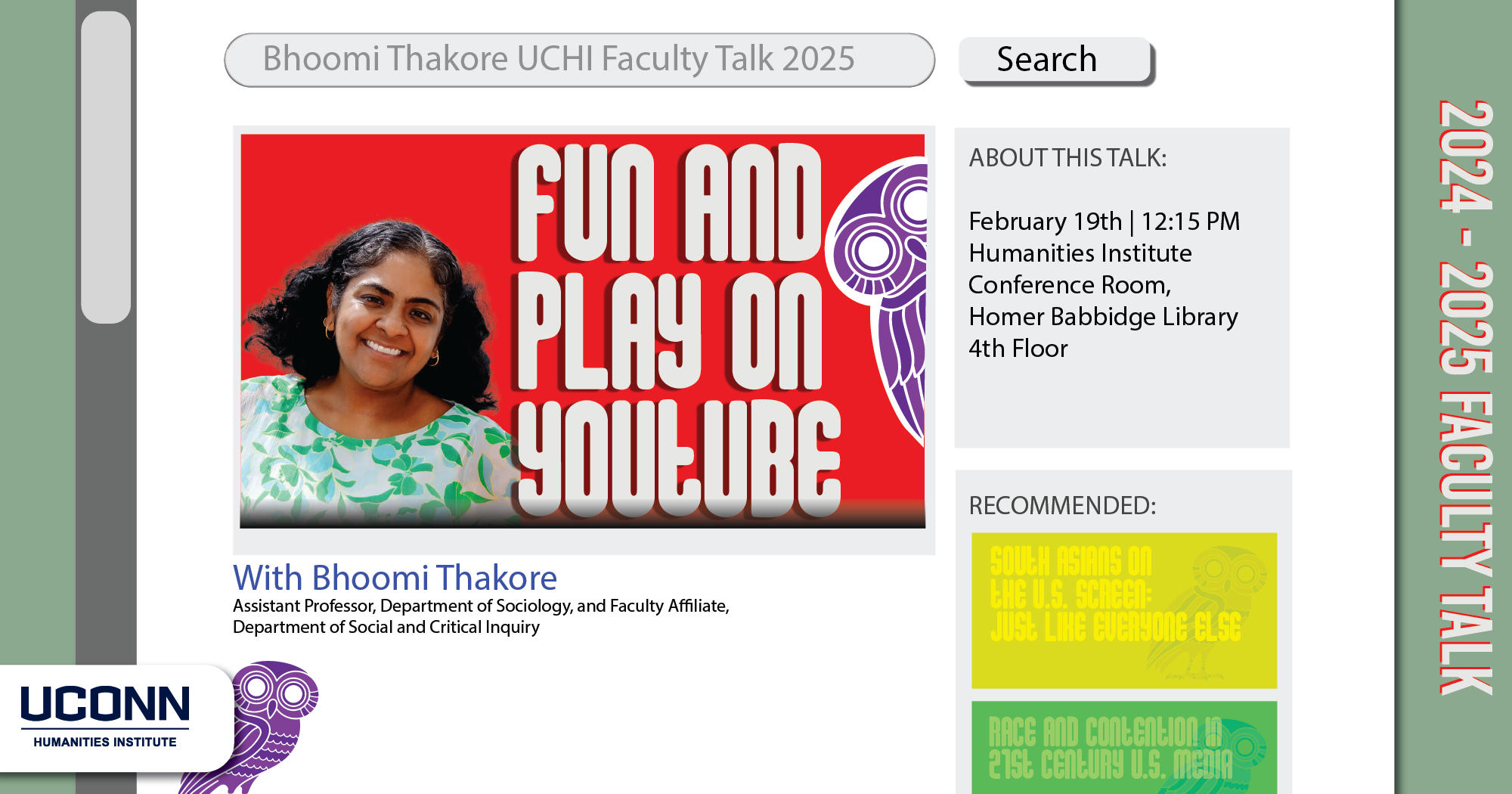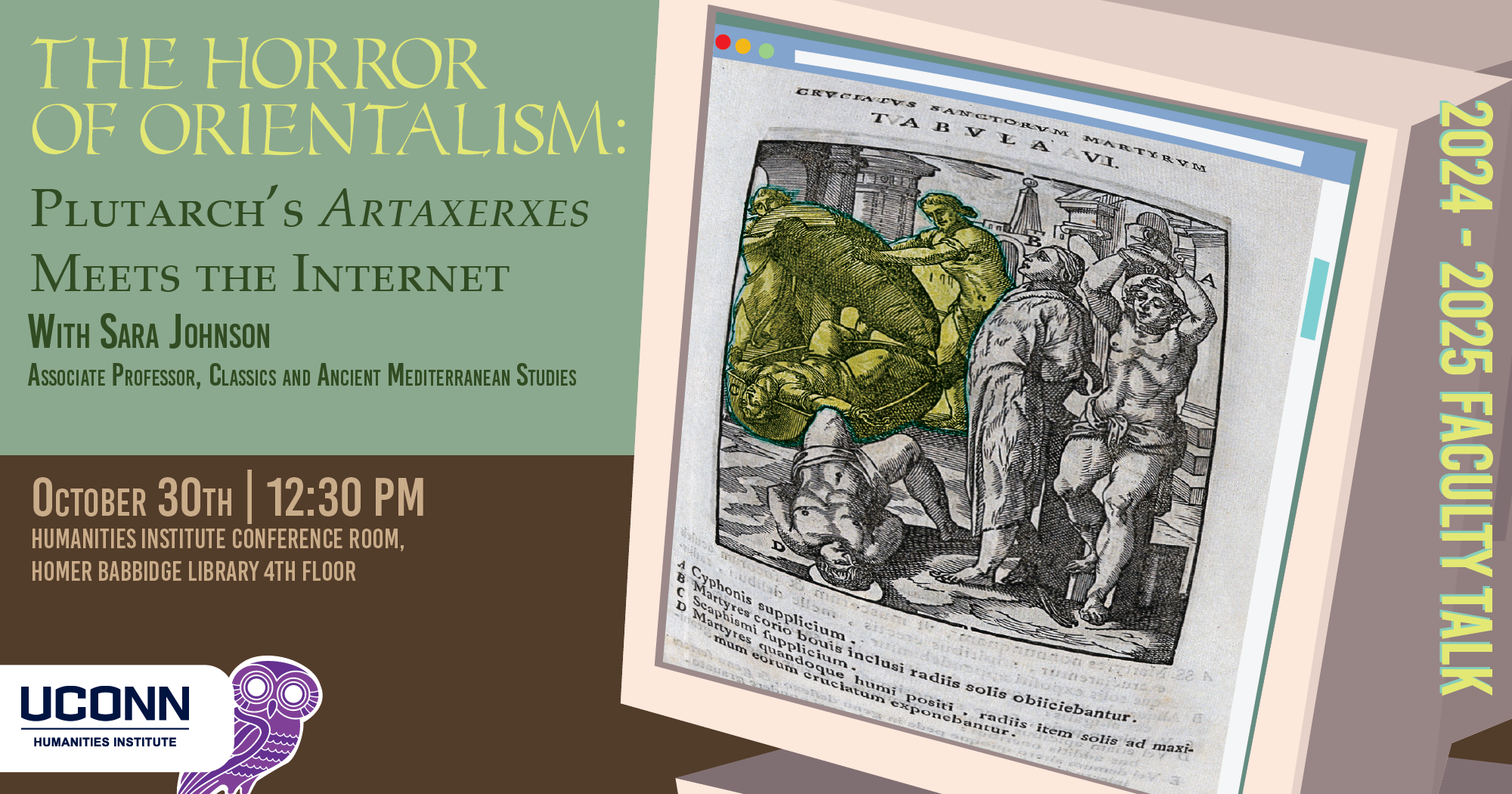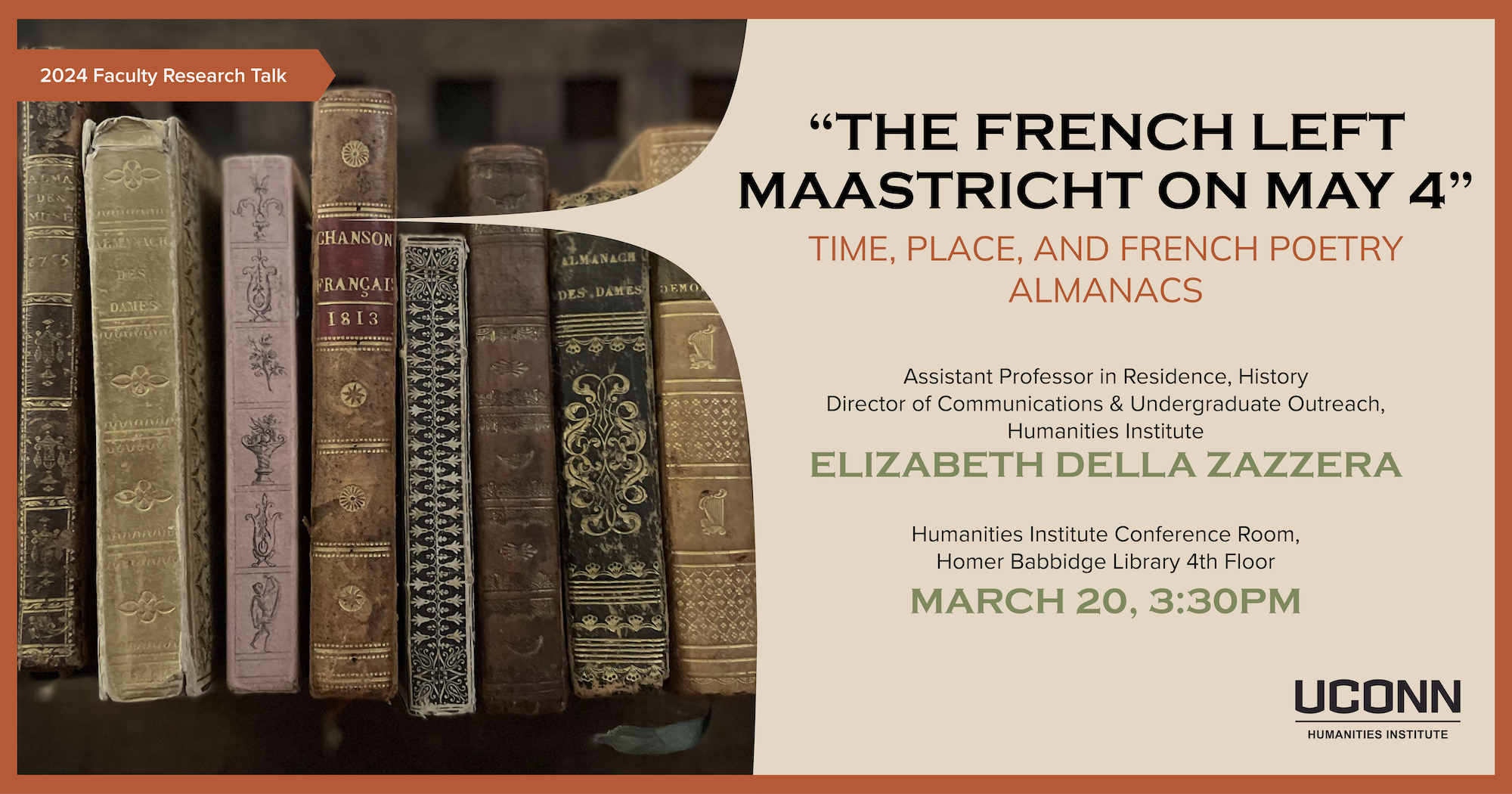Dear Colleagues,
As we begin a new year at the Humanities Institute (UCHI), we are delighted to welcome a new cohort of faculty, graduate and undergraduate fellows, who will spend the year working on a host of fascinating interdisciplinary research projects. We hope that you’ll join us for our weekly fellows’ talks, held on Wednesdays from 3:30–4:45 pm, with a short reception following.
As always, we are eager to support humanities research across the university and offer funding for working groups, conferences and colloquia, and book publications. Thanks to the generous support of the Office of the Vice President for Research, we are particularly proud to offer for funding for research projects that augment the work of the Mellon-Funded Faculty of Color Working Group through a focus on equity, justice, and repair.
UCHI’s theme this year is “Connections/Disconnections.” In an era defined by proliferating connections to technology and a growing loneliness epidemic marked by disconnection from one another, the humanities’ focus on the experiences and the perspectives of others illuminates how we might find community and meaning in the lives we lead. In our scholarship, in our responses to one another’s work, and in the vibrant and powerful conversations we generate in our classrooms, we build the capacity for understanding ourselves and others as we recognize the historical and cultural forces that shape our world.
Wishing you a warm welcome back to campus from myself and the whole team here at UCHI,
Anna Mae Duane
Director, UCHI
Fall 2024 events
Fellow’s Talk: Joscha Jelitzki
September 11, 2024
3:30pm
UCHI Conference Room (HBL 4-209)
Details
Fellow’s Talk: Yusuf Mansoor
September 25, 2024
3:30pm
UCHI Conference Room (HBL 4-209)
Details
Getting the Grant Started: Turning Ideas into Action
September 26, 2024
2:00pm
UCHI Conference Room (HBL 4-209)
Details
Connections/Disconnections: A Conversation on the Loneliness Epidemic
October 1, 2024
3:30pm
Wilbur Cross Reading Room
Details
Fellow’s Talk: Julia Wold
October 9, 2024
3:30pm
UCHI Conference Room (HBL 4-209)
Details
Faculty Talk: Sara Johnson
October 30, 2024
12:30pm
UCHI Conference Room (HBL 4-209)
Details
Fellow’s Talk: Danielle Pieratti
October 30, 2024
3:30pm
UCHI Conference Room (HBL 4-209)
Details
Fellow’s Talk: Daniel Hershenzon
November 6, 2024
3:30pm
UCHI Conference Room (HBL 4-209)
Details
Fellow’s Talk: Hana Maruyama
November 13, 2024
3:30pm
UCHI Conference Room (HBL 4-209)
Details
Faculty Talk: Gary English
November 20, 2024
12:15pm
UCHI Conference Room (HBL 4-209)
Details
Fellow’s Talk: Janet Pritchard
December 4, 2024
3:30pm
UCHI Conference Room (HBL 4-209)
Details








